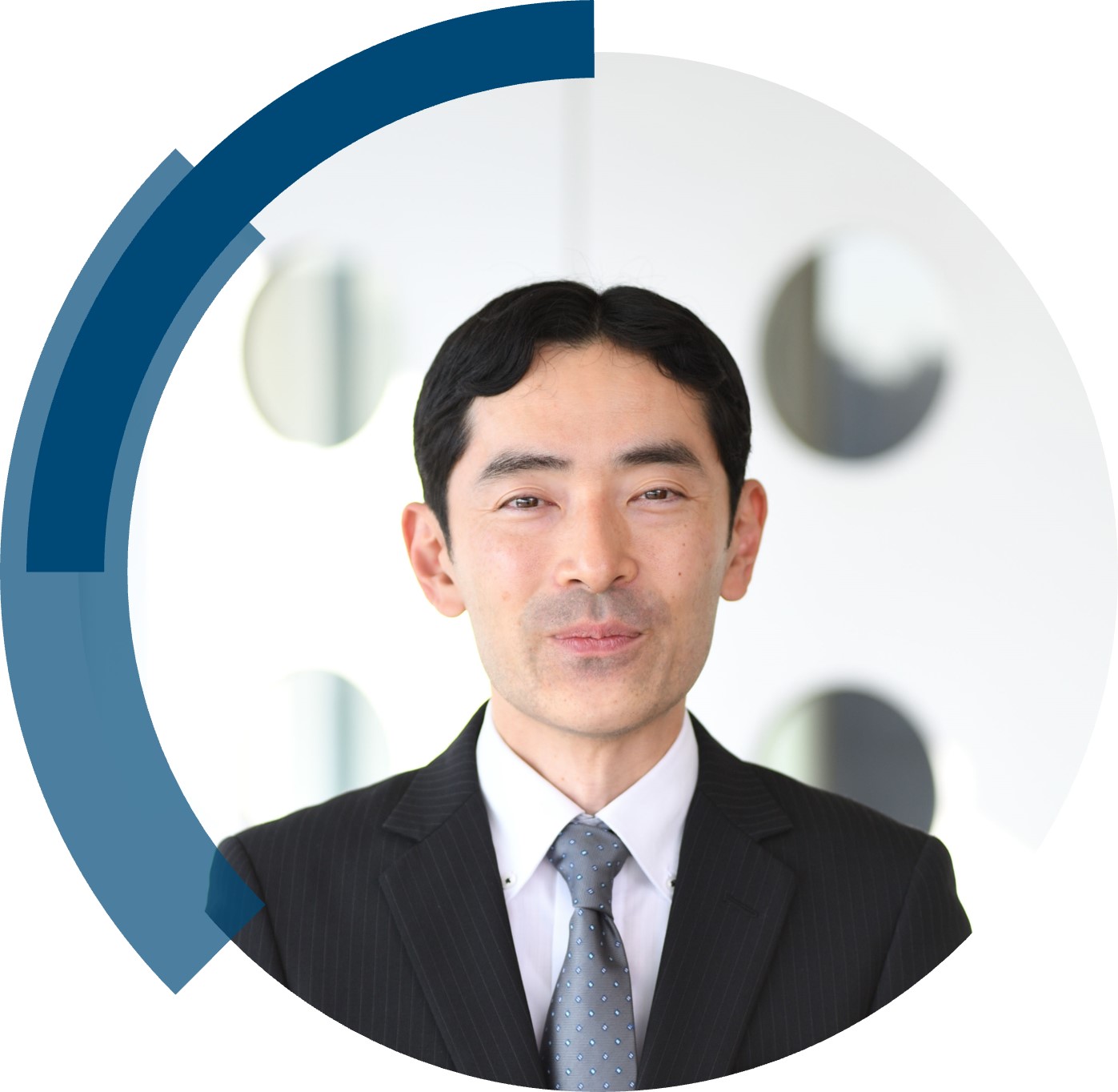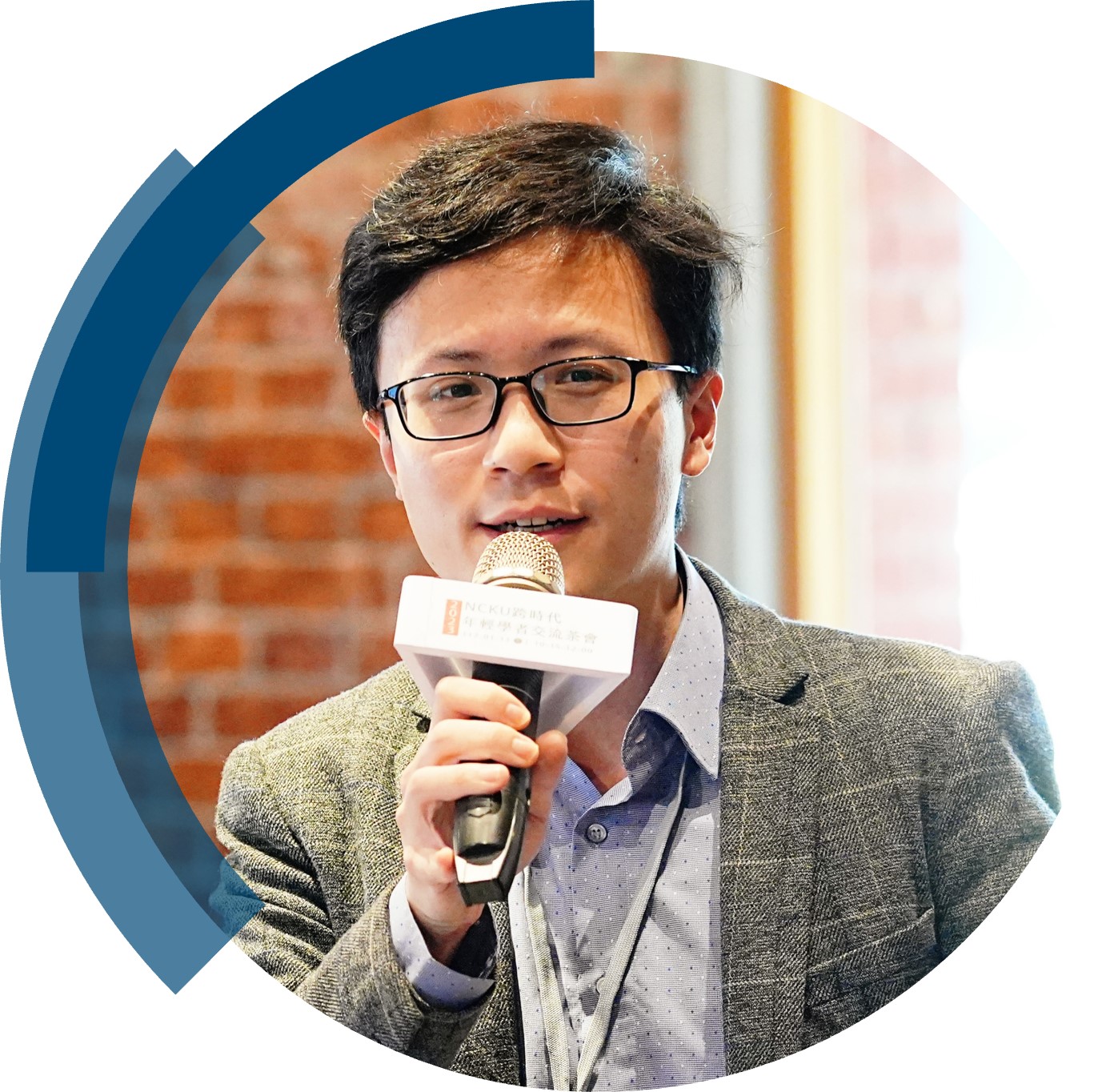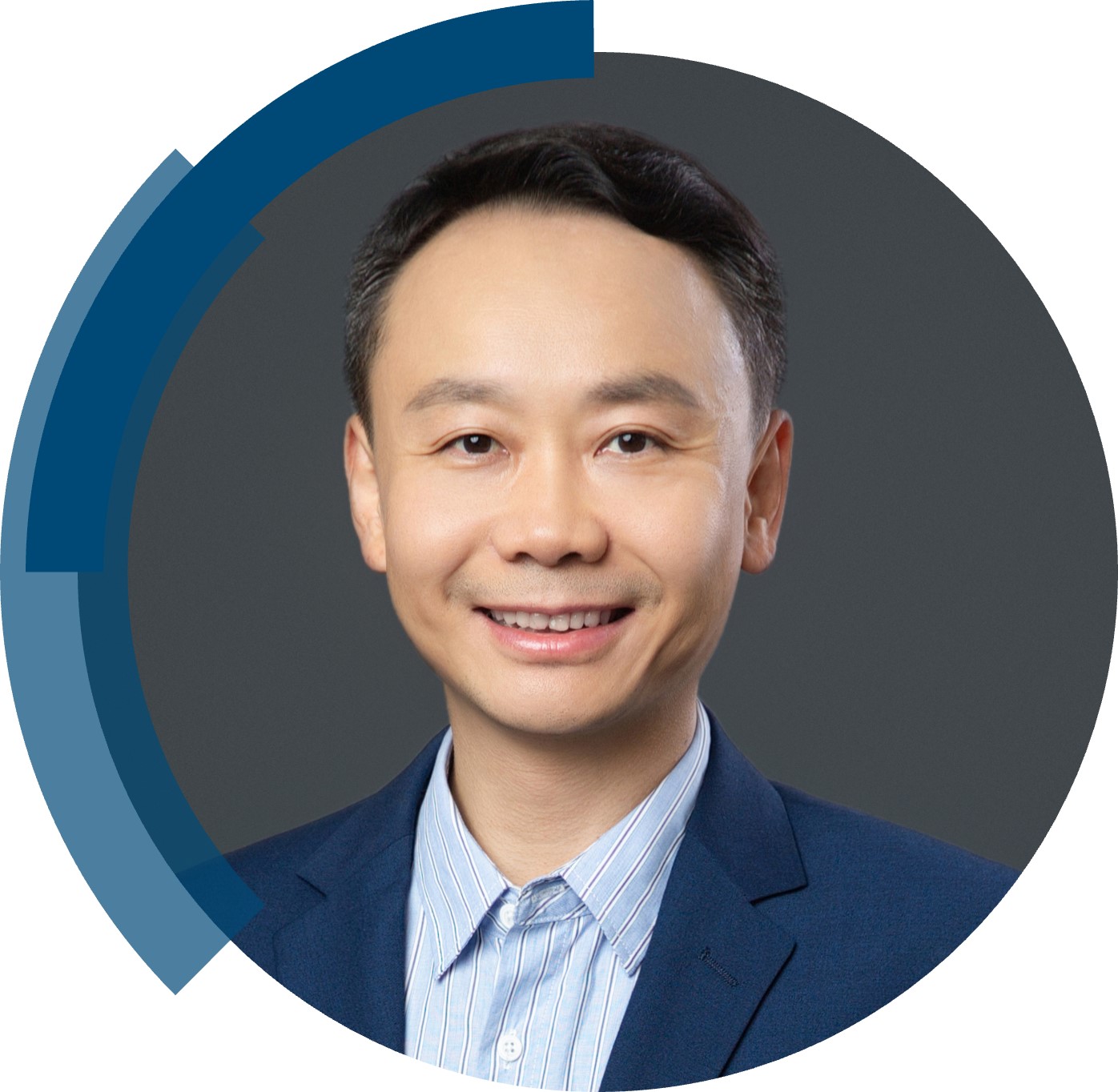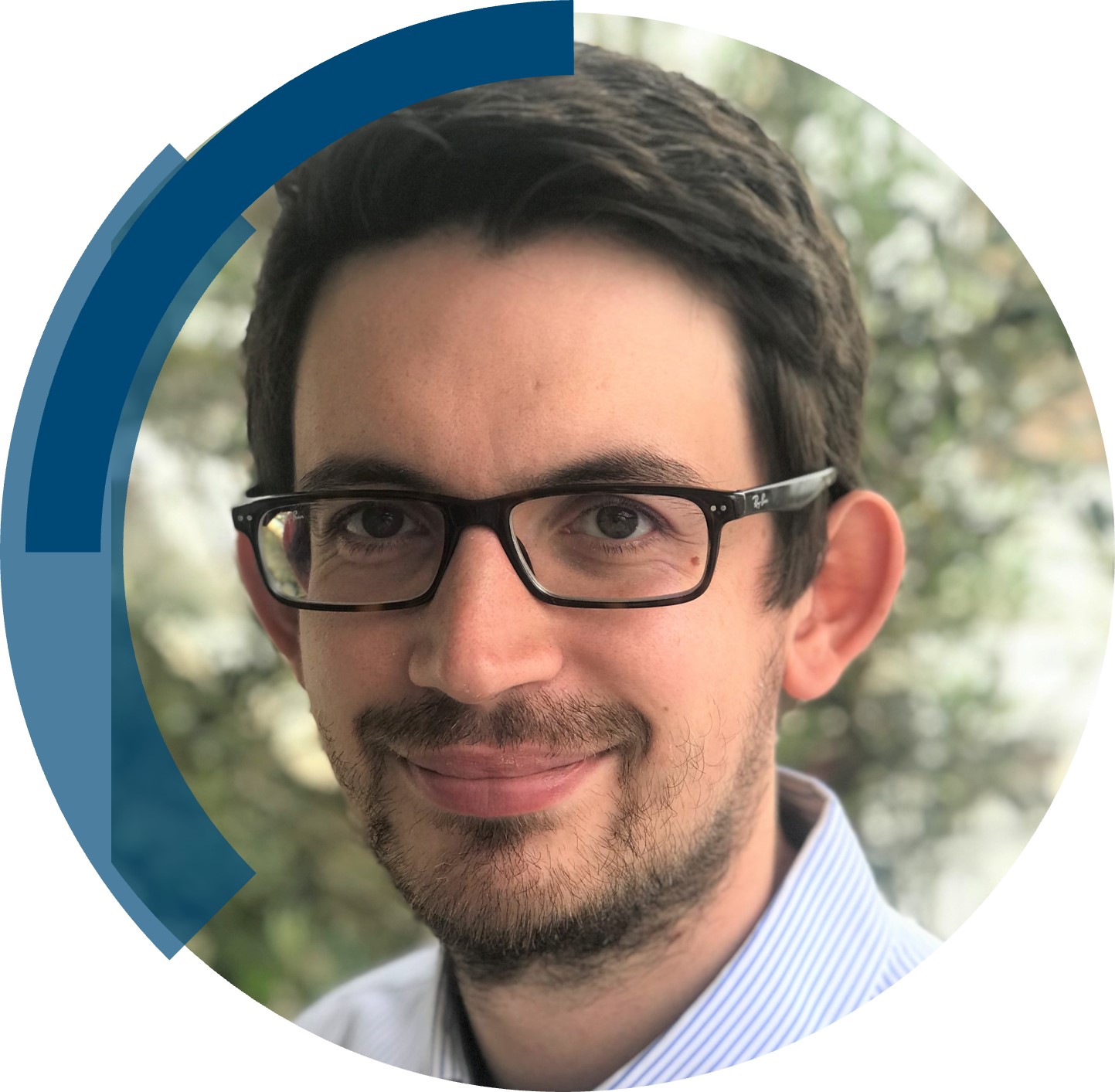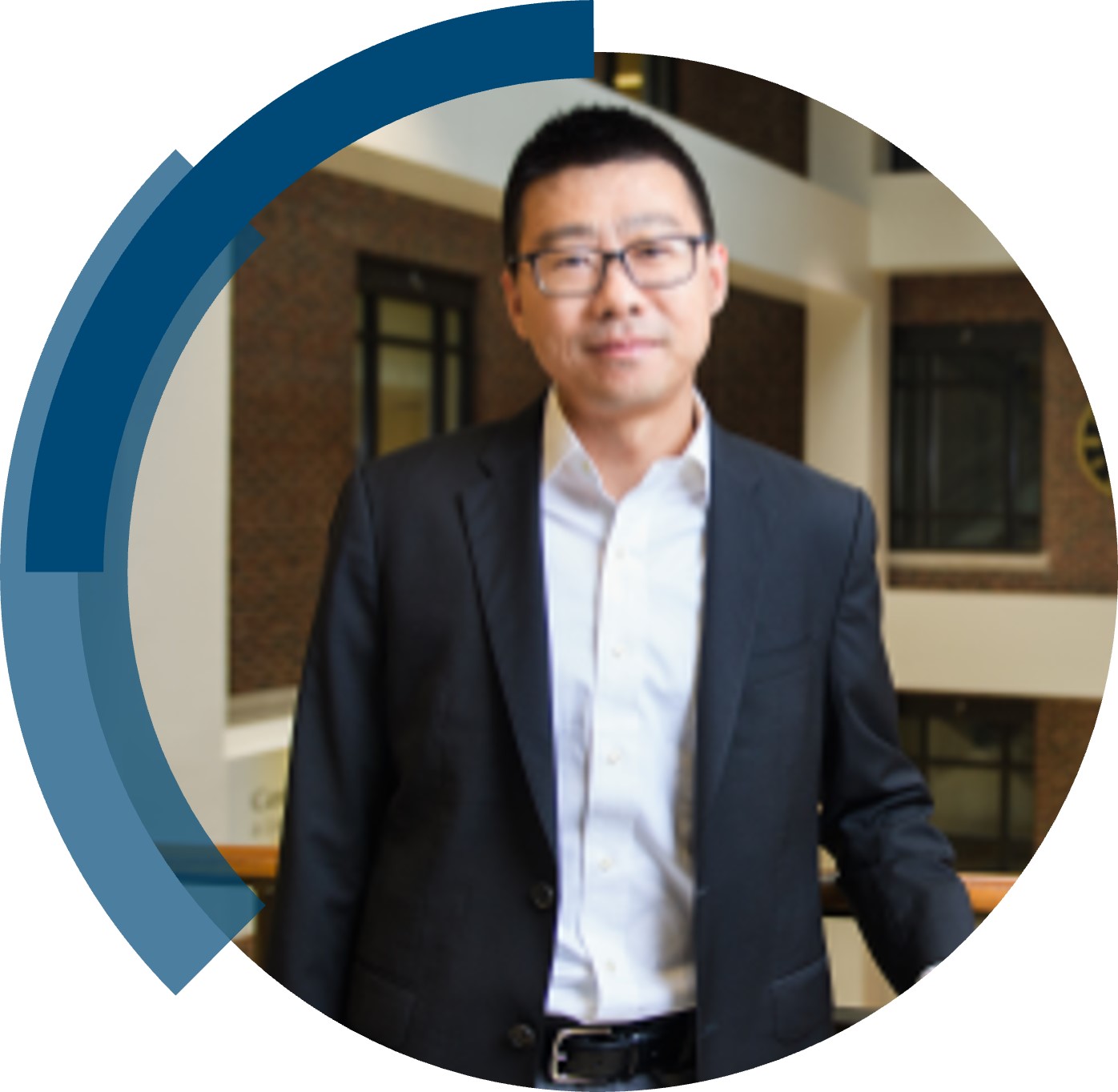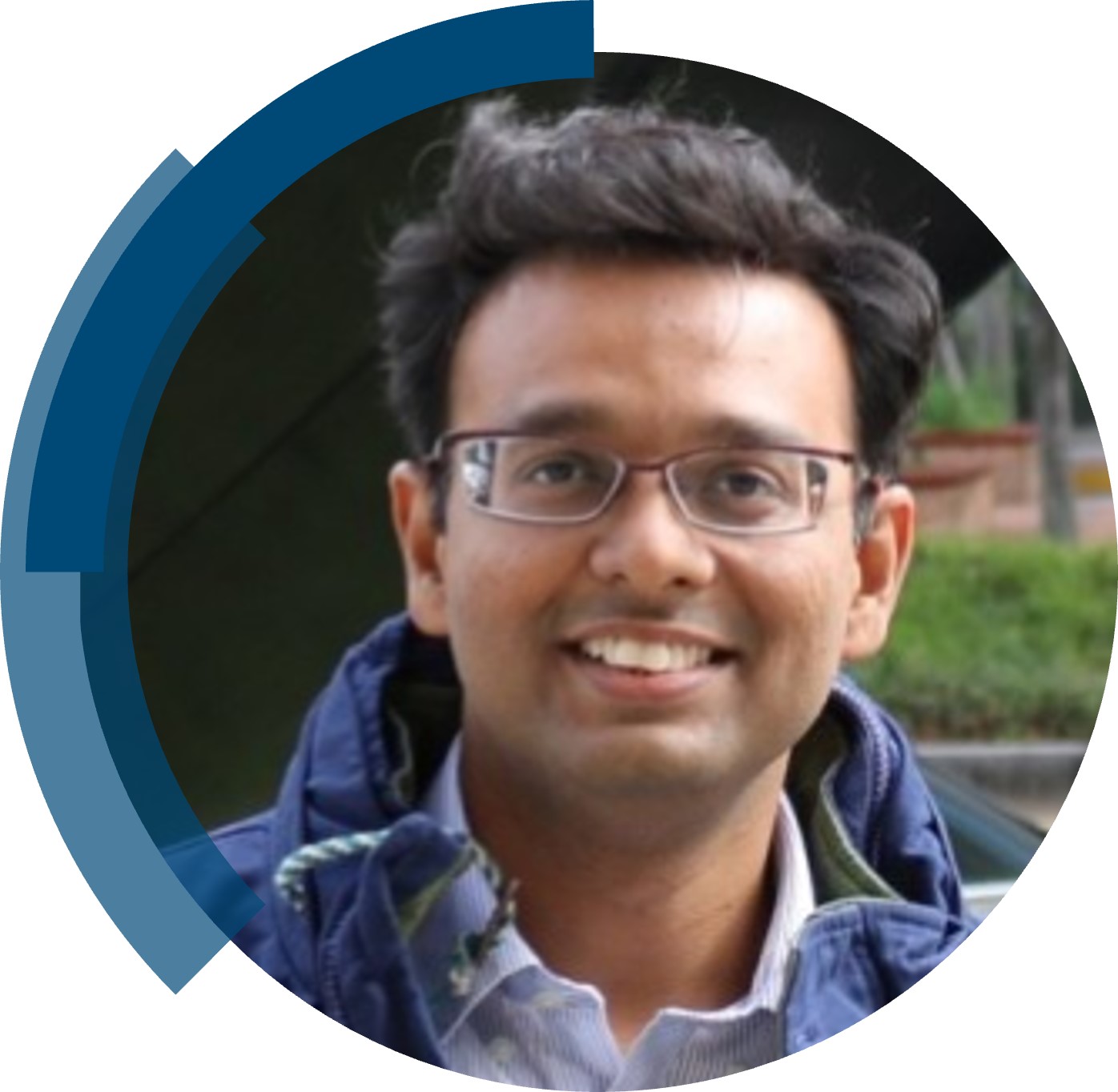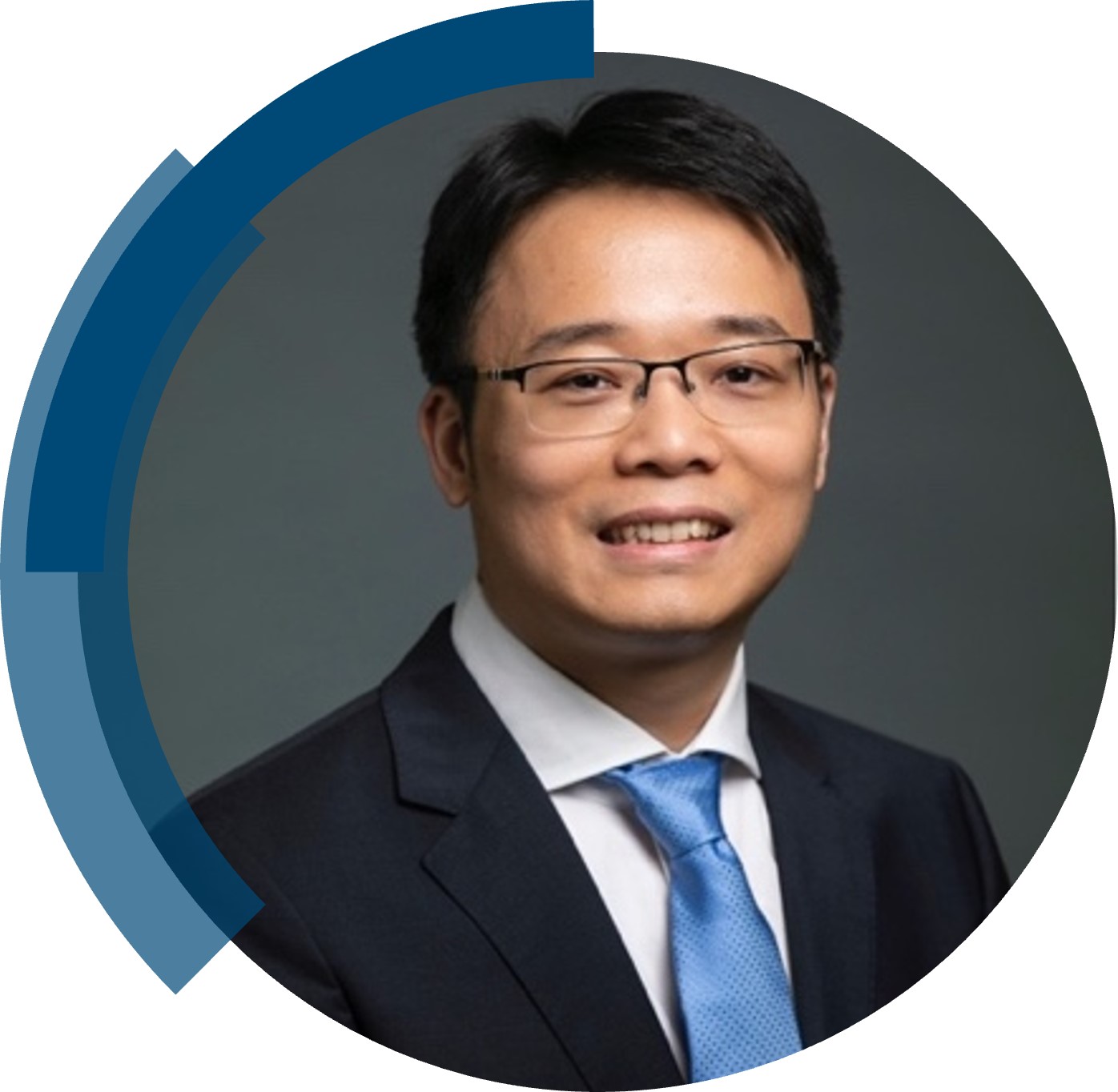ChemComm is publishing its 60th volume in 2024. Over the past 60 years, ChemComm has been the RSC’s most cited journal, and one of the most trusted venues for rapid publication of short communications. In our anniversary year, we recognise the important contributions ChemComm has made, and continues to make, in advancing the chemical sciences.
As part of our anniversary celebrations, we’ve brought together a collection featuring the latest research from some of our most loyal and dedicated authors. From those marking the beginning of their independent academic career by publishing their first article with us, to the rising stars and established leaders publishing in our yearly ‘Emerging Investigators’ and ‘Pioneering Investigators’ collections, this collection champions the contributions of our worldwide author community. We are proud many authors choose to support our journal by regularly publishing their best work with us. This collection also features papers from our ChemComm Emerging Investigator Lectureship winners, and our Outstanding Reviewer awardees, whose invaluable feedback has shaped our published content through the years.
To accompany the collection, we’ll be publishing interviews with contributing authors where they provide further insight into their research and reflect on their journey with ChemComm.
Check out our interview with Professor Tianyi Ma (RMIT University, Australia) below!
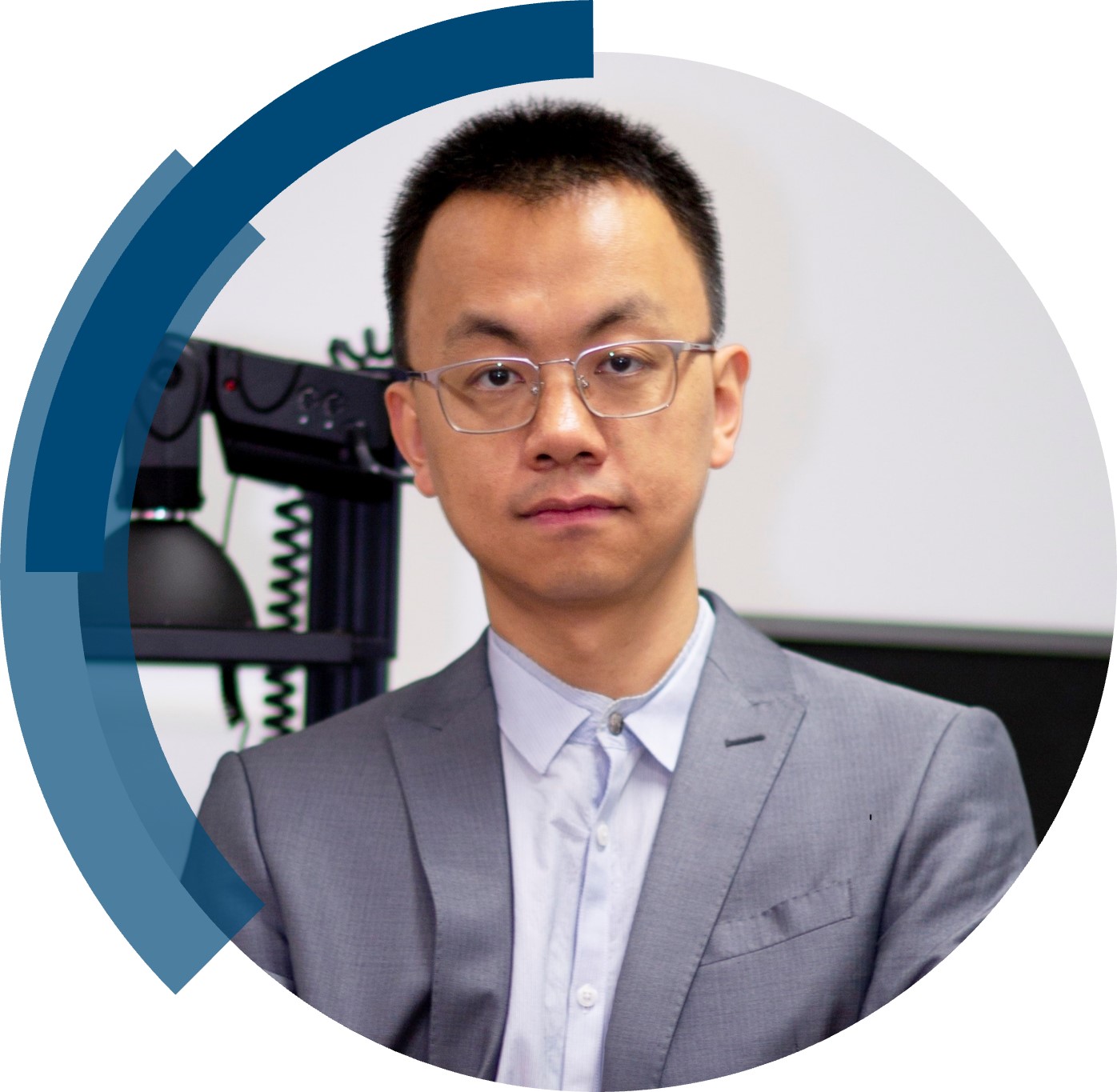 |
Tianyi Ma is a RMIT University Distinguished Professor, an Australian Research Council Future Fellow, Fellow of Royal Society of Chemistry, and Clarivate’s Global Highly Cited Researcher. He is Director of ARC Industrial Transformation Hub for Intelligent Energy Efficiency in Future Protected Cropping, and Research Director of Centre for Atomaterials and Nanomanufacturing (CAN). His international standing is evidenced by >300 publications in top-tier journals with an H-index of 94 and >37,000 citations. His ground-breaking research has been acknowledged by internationally recognised experts and authorities via the AAS Le Févre Medal, Young Tall Poppy Science Award, ARC Discovery Early Career Researcher Award, and Horizon Prize of Royal Society of Chemistry. His scientific impact and leadership are also evidenced by supervision of over 30 Ph.D. students, secured more than AU$40m in government and industry funding, and heavy engagement in international academic roles, such as Associate Editor, Editorial Board Member and Guest Editor for over 10 reputable international journals. He focuses on developing fundamental scientific breakthroughs and also up-scaling prototypes with far-reaching industry influence and real-life applications. Demonstrations and pilot plants have been established locally in Australia to drive his technologies to practical deployment and commercialisation, for example, the square meter sized solar-to-hydrogen generator, kilowatt level CO2 electrolyser, kilogram-scale formic acid production micro-pilot plant, and high-energy density battery packs, which change the way how society generates and consumes energy and chemicals. |
How have you seen ChemComm evolve over the years, and what aspects do you find most noteworthy?
Over the years, ChemComm has evolved significantly in both scope and impact. Initially focused on rapid communications in chemistry, it has expanded to cover a wide range of topics, reflecting the interdisciplinary nature of modern chemical research. One of the most noteworthy aspects is its commitment to high-quality, high-impact research. The introduction of themed issues and special collections has also been a positive development, allowing for deeper dives into specific areas of interest.
What is your favourite thing about ChemComm?
My favorite thing about ChemComm is its emphasis on publishing concise and impactful communications. This format allows researchers to quickly disseminate their most important findings to the scientific community. Additionally, the high standards of peer review and the rapid publication timeline make it an ideal venue for sharing cutting-edge research.
In what ways do you think ChemComm stands out among other journals in your field?
ChemComm stands out for its rigorous peer review process, which ensures that only high-quality and significant research is published. The journal’s broad scope and interdisciplinary approach attract a diverse readership, facilitating combination of ideas across different areas of chemistry. Furthermore, its affiliation with the Royal Society of Chemistry lends it a prestigious reputation and wide visibility.
How would you describe the peer review process and interaction with the editorial team at ChemComm?
The peer review process at ChemComm is thorough and constructive. Reviewers are experts in their fields and provide detailed feedback that helps authors improve the quality of their manuscripts. The editorial team is professional, responsive, and supportive throughout the submission and review process. Their commitment to maintaining high standards ensures the integrity and impact of the published research.
Are there ways in which the journal can further support and engage with future generations of scientists?
To further support and engage with future generations of scientists, ChemComm could enhance its mentorship and educational initiatives. This might include organizing webinars and workshops on scientific writing, peer review, and career development. Additionally, creating platforms for young researchers to showcase their work and interact with established scientists would foster a more inclusive and supportive research community.
Could you provide a brief summary of your recent ChemComm publication?
Our recent publication in ChemComm, titled “Mg ions intercalated with V3O7·H2O to construct ultrastable cathode materials for aqueous zinc-ion battery,” explores the synthesis and characterization of a novel cathode material. By intercalating magnesium ions into V3O7·H2O, we have developed a highly stable cathode for zinc-ion batteries, demonstrating improved electrochemical performance and cycling stability. This work contributes to the development of more efficient and durable energy storage systems.
In your opinion, what are the next steps or potential areas of research that could build upon the findings in this paper?
The next steps in this research involve further optimization of the cathode material to enhance its performance. Investigating the underlying mechanisms of ion intercalation and diffusion at the atomic level could provide deeper insights into improving material design. Additionally, exploring the scalability and commercial viability of these cathode materials in practical battery applications will be crucial. Future research could also extend this approach to other types of ion batteries, potentially leading to breakthroughs in energy storage technology.
Be sure to read Tianyi Ma’s full article, “Mg ions intercalated with V3O7·H2O to construct ultrastable cathode materials for aqueous zinc-ion batteries” to learn more!












